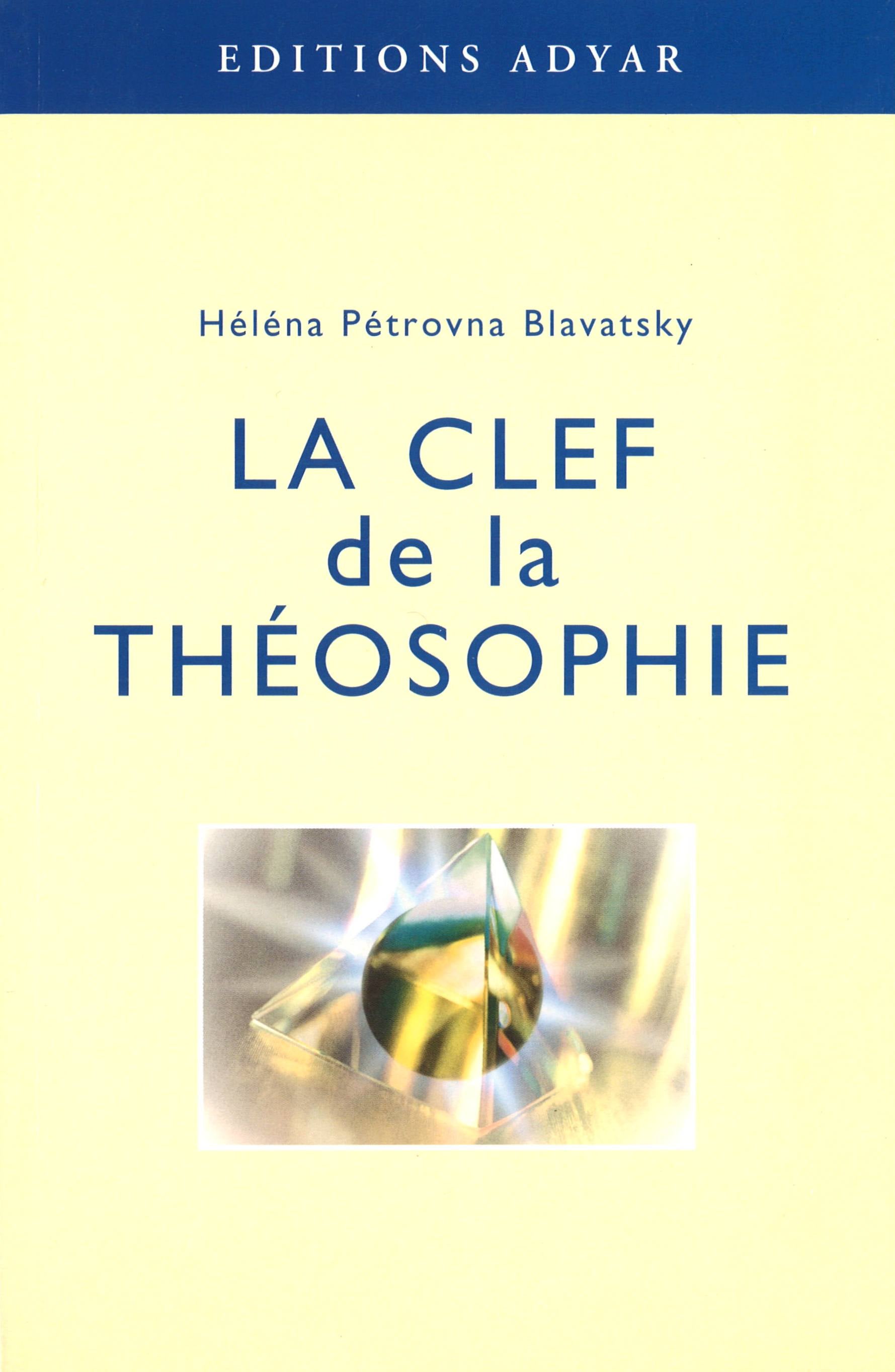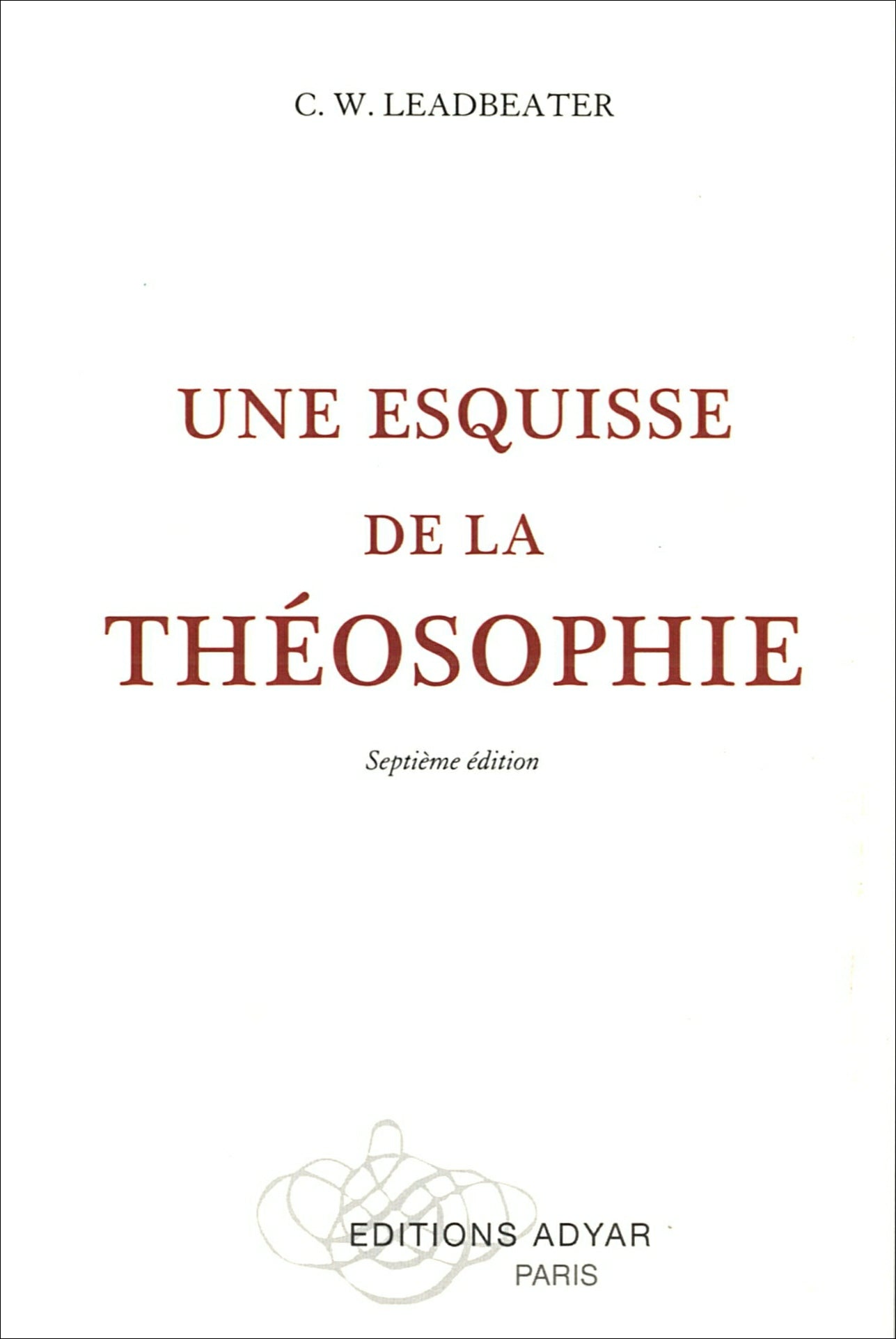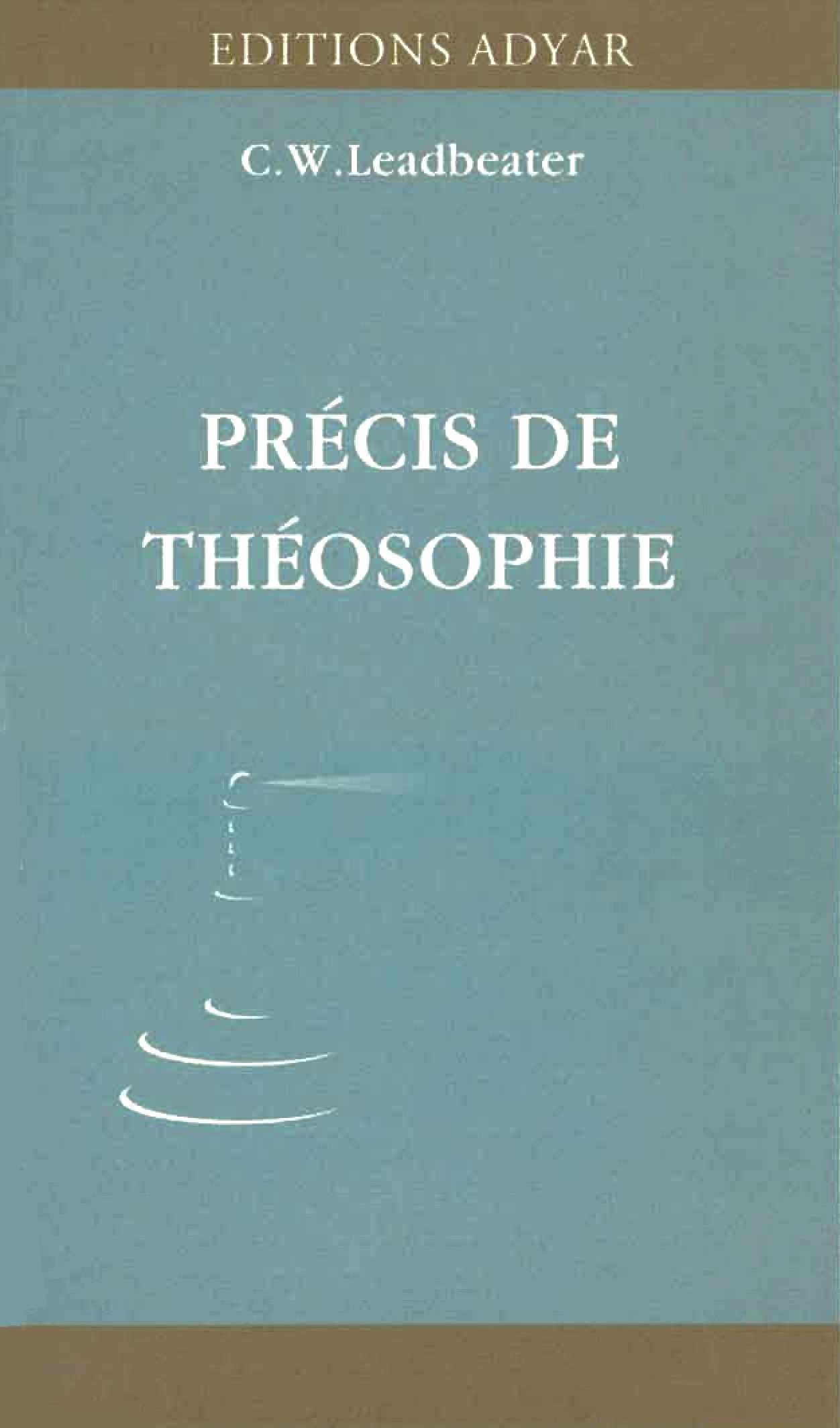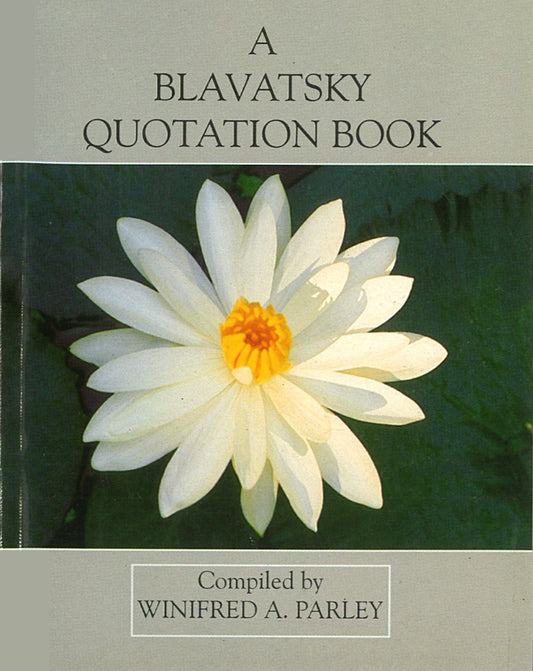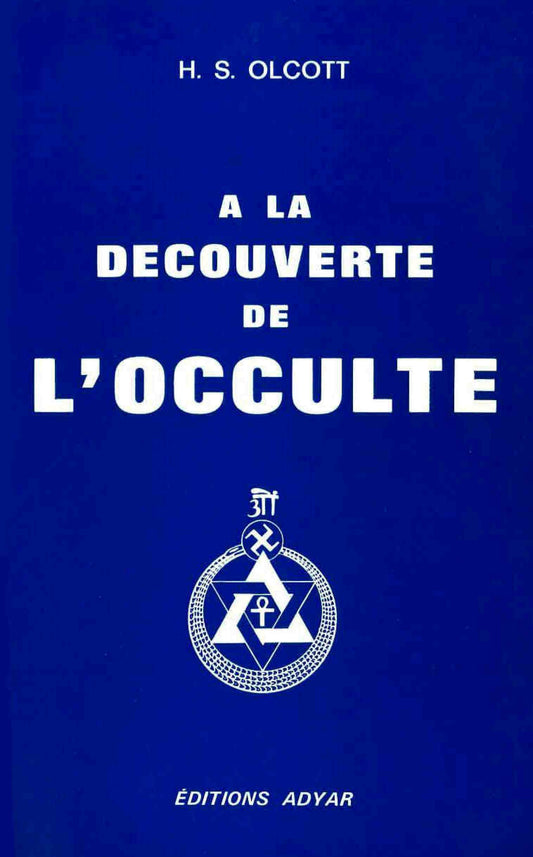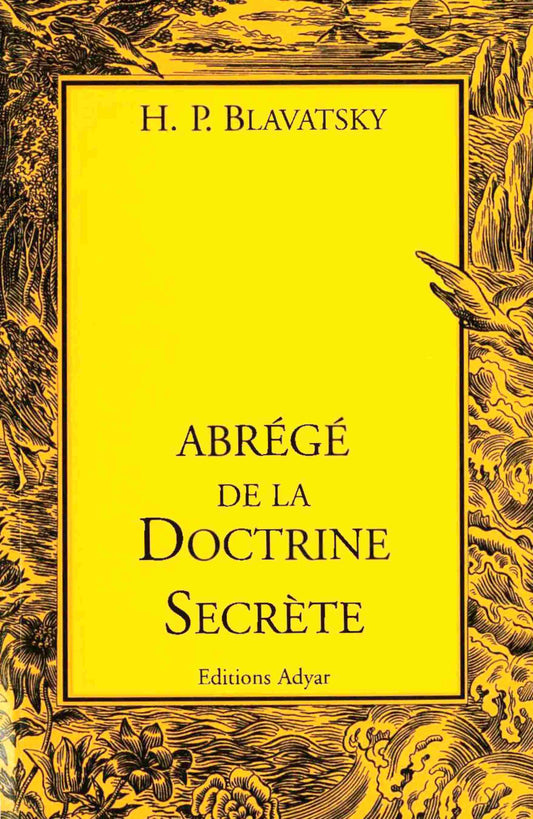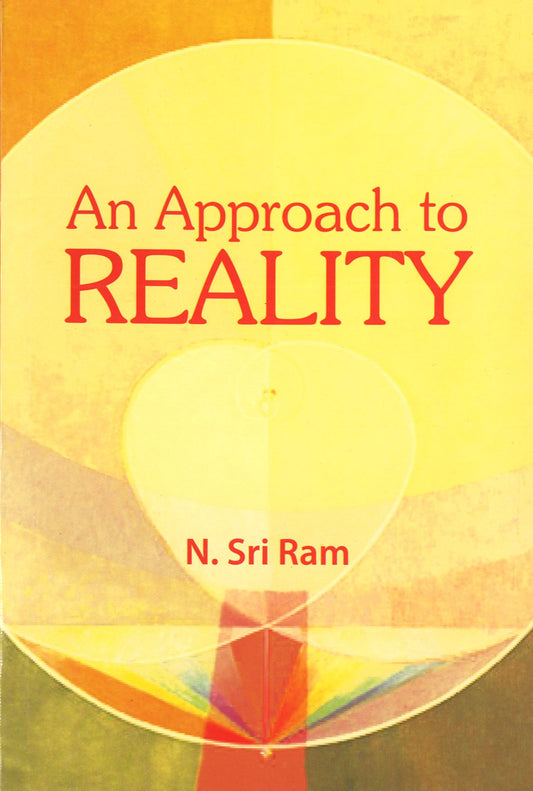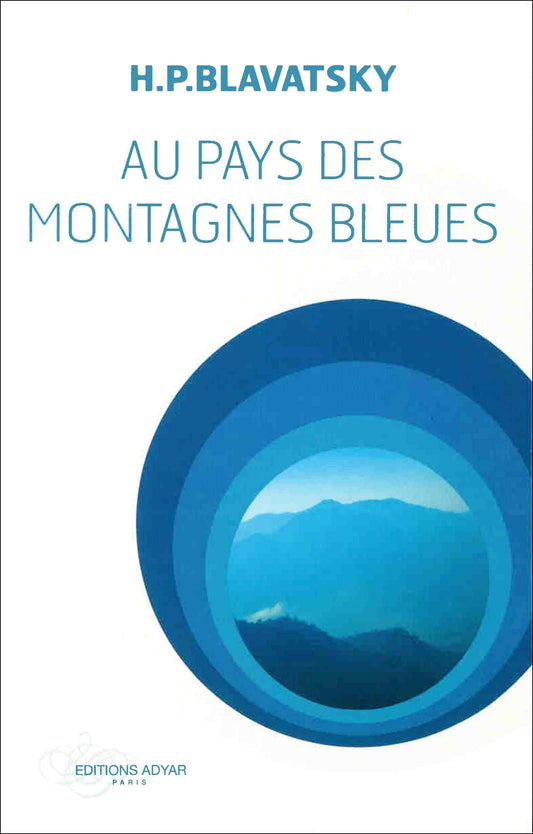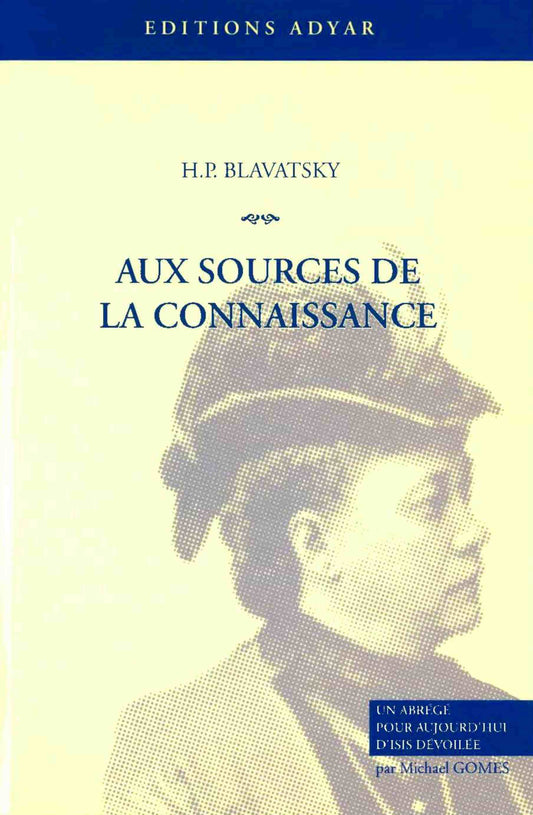Theosophy
The word "theosophy" has not been officially defined, but several authors have given indications of its meaning. The term theosophia was first used by the neo-Platonic philosophers. It is made up of two Greek words: theos, meaning "god" or "divine", and sophia, meaning "wisdom", so the term "theosophy" can be translated as "wisdom of the gods" or "divine wisdom". Throughout history, it has been used by a number of philosophers. From 1875, with the founding of the Theosophical Society by Helena Petrovna Blavatsky, Henry Steel Olcott and others, Theosophy became increasingly well known. It is important to note that the founders of the Theosophical Society did not invent or create its teachings, but brought to public attention teachings that had always existed, whether under the name of Theosophy or under another name.
Theosophy has been called Wisdom-Religion or Ageless Wisdom. H.P. Blavatsky said that Theosophy is the body of truths which forms the basis of all religions, and which cannot be claimed as the exclusive possession of any. One of the aims of the Theosophical Society is to encourage its members to seek and discover the eternal truths that are inscribed in the various religions, philosophies and sciences. Theosophical teachings cover a wide range of subjects, from the purpose of evolution to the exploration of the workings of karma and reincarnation and the invisible side of life. Theosophy is not just a theoretical exposition, but explains in detail the constitution of the human being, enabling us to understand how and why we function as we do, and thus to bring about real change in our lives.
One of the fundamental principles of Theosophy is the unity of life. It states that there is an eternal principle within us and outside us. Since its nature is the same for everyone, we are all intrinsically linked and interdependent. The idea of unity is expressed in the first object of the Theosophical Society, according to which its members seek to form a nucleus of brotherhood without distinction.
Theosophy explains the evolution of form and consciousness, and therefore invites us to look within ourselves so that we can express our full potential, particularly in the spiritual realm. This process of discovering who we are and how we function is expressed in the third aim of the Theosophical Society, which speaks of the latent powers of the human being.
Theosophy cannot be and is not claimed to belong solely to the Theosophical Society. Although Madame Blavatsky brought the teachings of Theosophy to the public eye, it would be wrong to regard her as the only source of authentic Theosophy, as this goes against the very idea of what Theosophy is.
To conclude, we can say that, although Theosophy has no official definition, it can be understood as a set of teachings that explain how the cosmos and ourselves work. It is not only theoretical but also practical in the sense that it invites us to delve into ourselves, to understand the way we function so that we can bring about a change and be a beneficial force in nature and more particularly in society.
Do you wish to know more about Theosophy?
La Clef de la Théosophie
Share
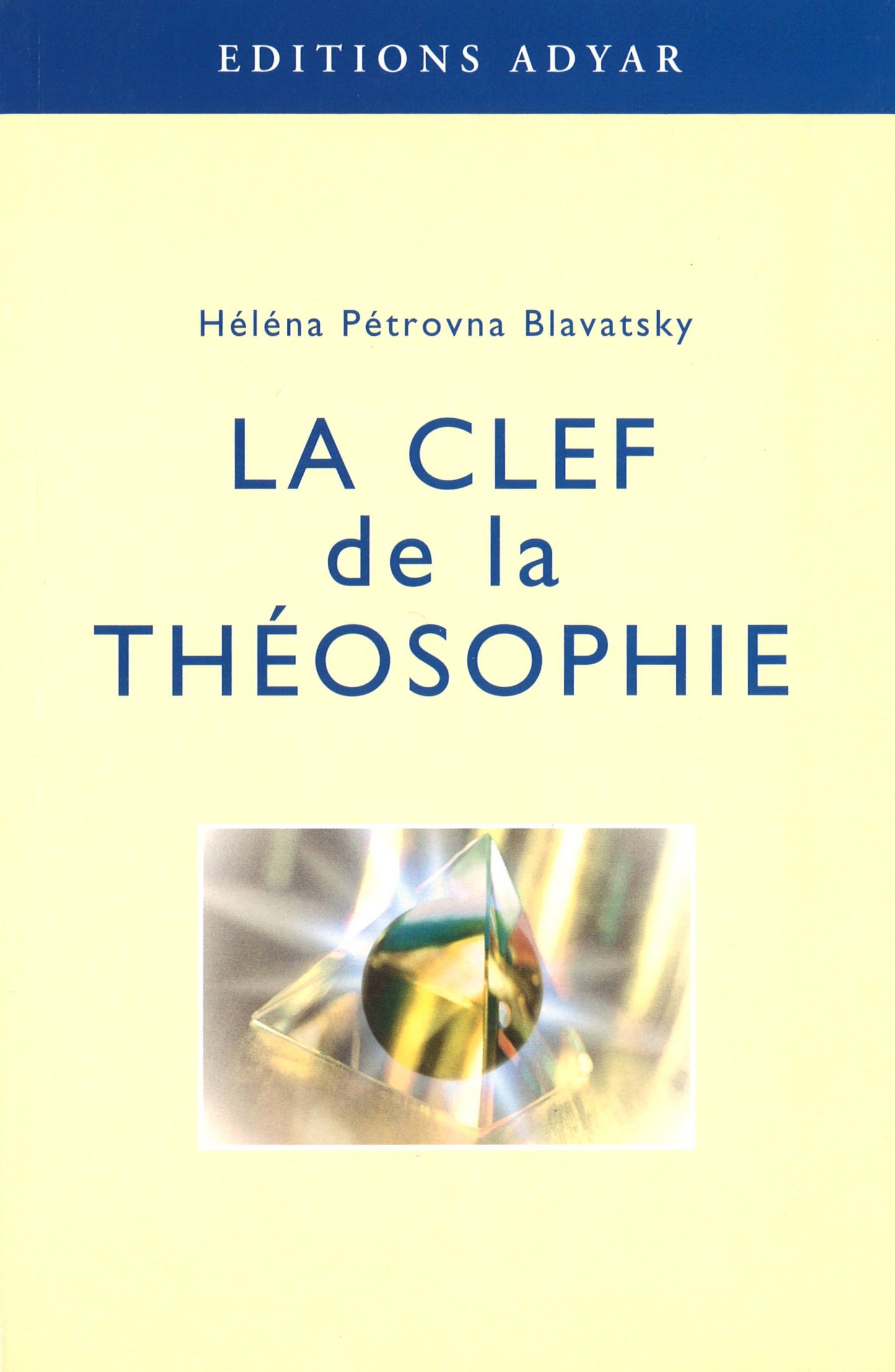
Une Esquisse de la Théosophie
Share
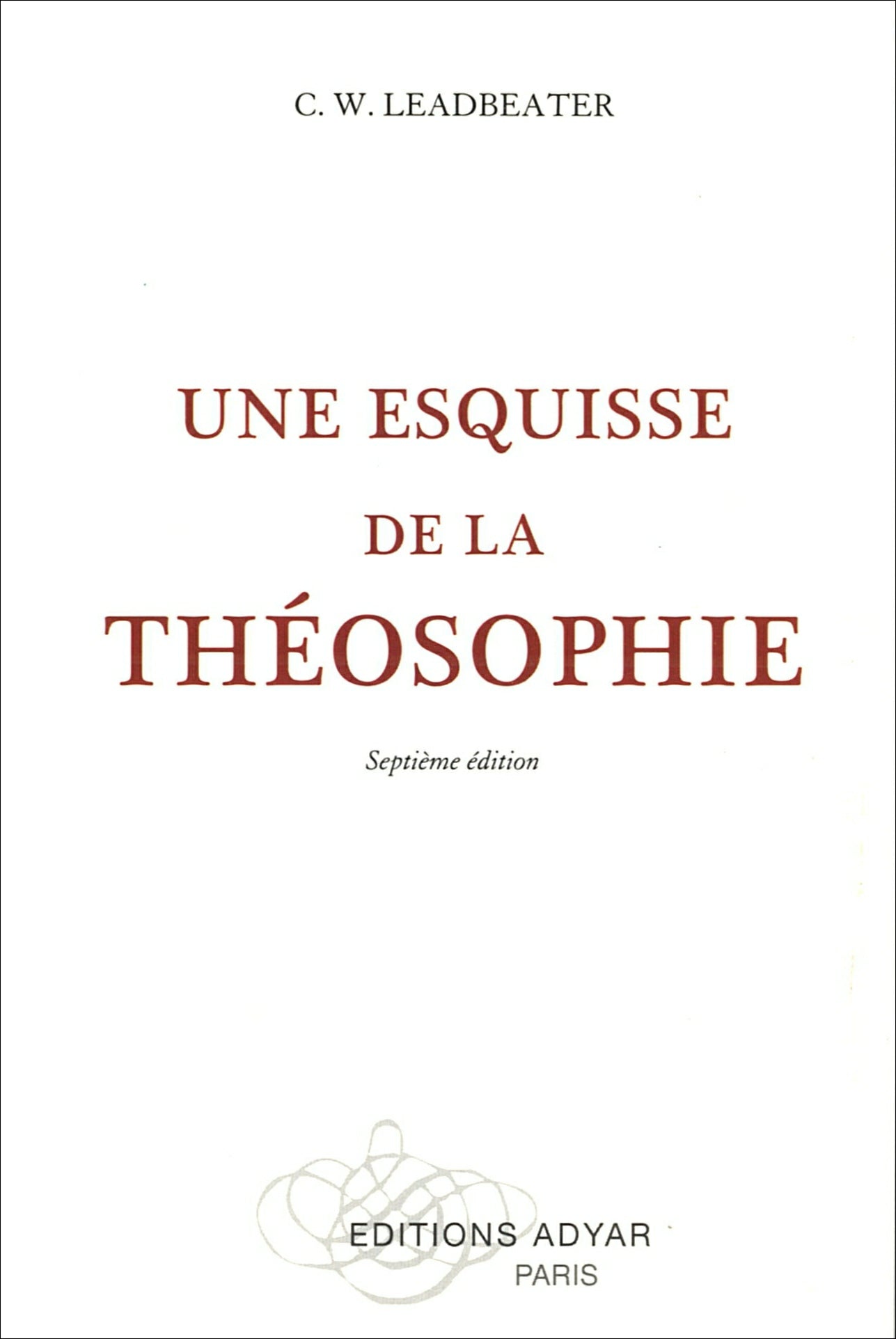
Précis de Théosophie
Share
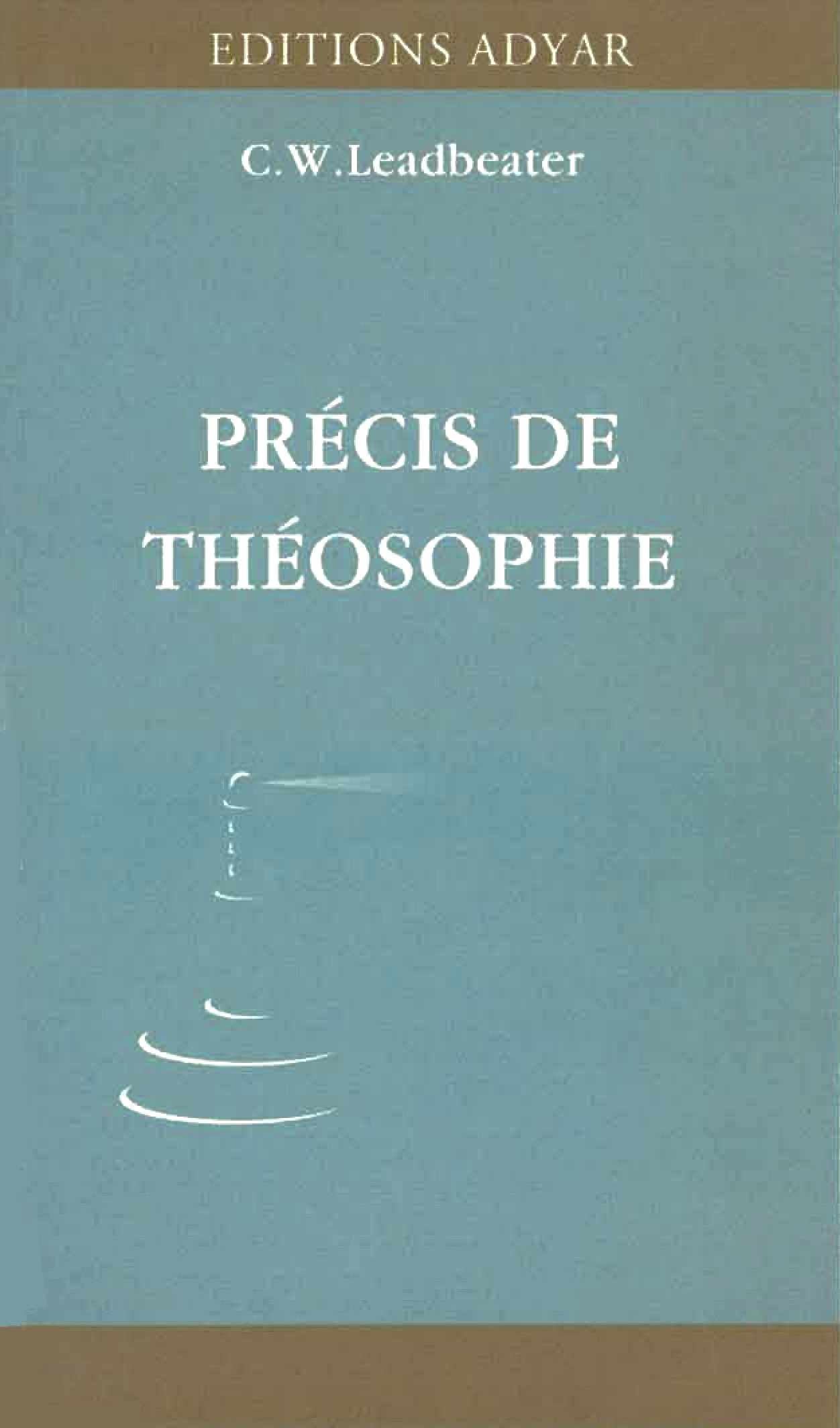
Browse our collection on Theosophy
-
A Blavatsky Quotation Book
Regular price €10,90 EURRegular priceUnit price / per -
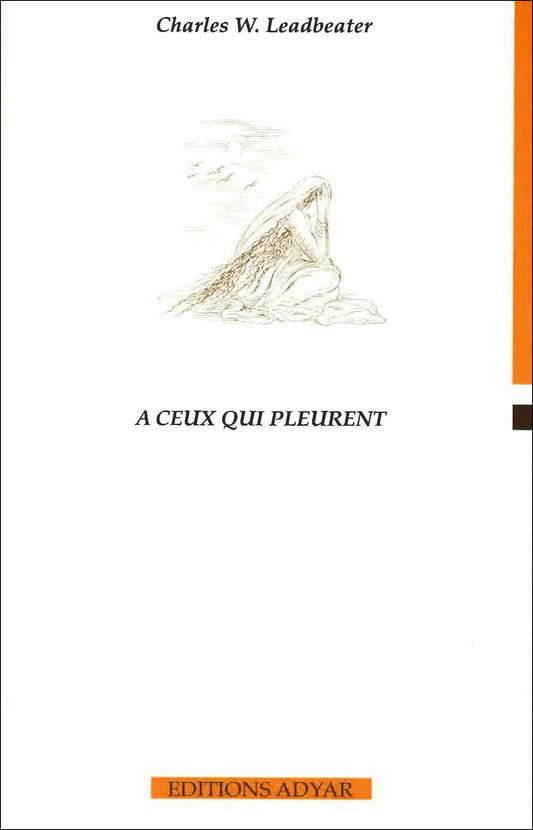 Sale
SaleÀ Ceux qui pleurent
Regular price €4,37 EURRegular priceUnit price / per€4,60 EURSale price €4,37 EURSale -
À la Découverte de l’Occulte
Regular price €11,59 EURRegular priceUnit price / per€12,20 EURSale price €11,59 EURSale -
Abrégé de la Doctrine Secrète
Regular price €27,55 EURRegular priceUnit price / per€29,00 EURSale price €27,55 EURSale -
An Approach to Reality
Regular price €14,90 EURRegular priceUnit price / per -
Au Pays des Montagnes bleues
Regular price €13,30 EURRegular priceUnit price / per€14,00 EURSale price €13,30 EURSale -
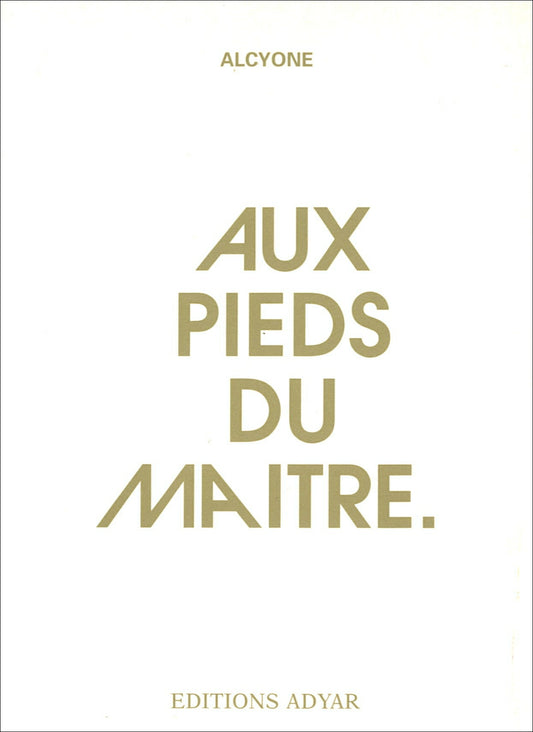 Sale
SaleAux Pieds du Maître
Regular price €4,33 EURRegular priceUnit price / per€4,55 EURSale price €4,33 EURSale -
Aux Sources de la Connaissance – Un abrégé pour aujourd’hui d’Isis Dévoilée de H.P. Blavatsky
Regular price €18,72 EURRegular priceUnit price / per€19,70 EURSale price €18,72 EURSale

